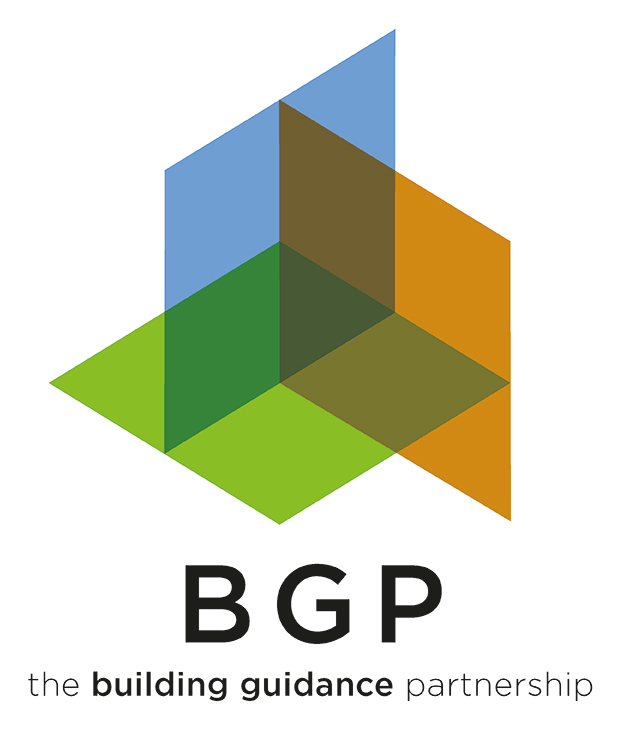Drawing Up a Contract with your Contractor
overview of our service
Trusted
Experienced
Collaborative
frequently asked questions
How does having a contract protect me?
A contract clearly defines the expectations, deadlines, and responsibilities of both parties. If any disputes arise, the contract provides a legal framework for resolving them and helps protect your interests by ensuring the project is completed according to agreed terms.
Is a written contract necessary for my project?
A written contract is not always essential. A contract can be oral or formed through an exchange of letters or documents. However, having a formal written contract ensures that all parties are clear on their rights and duties, which helps prevent misunderstandings and disputes during the project.
Some clients just choose to have a very detailed specification and rely on that as a binding document.
What type of contract do you recommend?
We often use a simple, no nonsense, plain English contract incorporating a detailed specification. Sometimes we recommend using RICS standard forms, which are widely recognised in the industry and offer a clear, comprehensive structure. It would depend on the specific project.
What will the contract include?
The contract will outline all aspects of the project, including the scope of work, timelines, payment schedules, responsibilities of both parties, any retentions, and any specific requirements related to insurance, compliance, or certification. Most important will be the identities of the parties contracting as contractors often use shell companies which have no value. This ensures that both you and your contractor are on the same page from start to finish.
How long does it take to draft a contract?
The time it takes to draft a contract depends on the complexity of your project. For more straightforward builds, it could take a few days, while larger or more complex projects may require more detailed discussions and revisions.
Can I make changes during the project?
Yes, contracts can include provisions for variations to the project, allowing for changes in scope, timelines, or costs. It’s important to include these clauses from the beginning so that any modifications during the project are handled smoothly and fairly.
Will this contract be legally binding?
Yes, the contracts we help draft are legally binding agreements. This ensures that if any disputes arise or if the contractor fails to meet their obligations, you have a solid legal framework to resolve the issue.
What happens if my contractor doesn’t follow the contract?
If the contractor doesn’t follow the terms outlined in the contract, you have legal recourse to address the issue. The contract will specify how disputes or breaches are to be resolved, giving you protection if things don’t go as planned.

